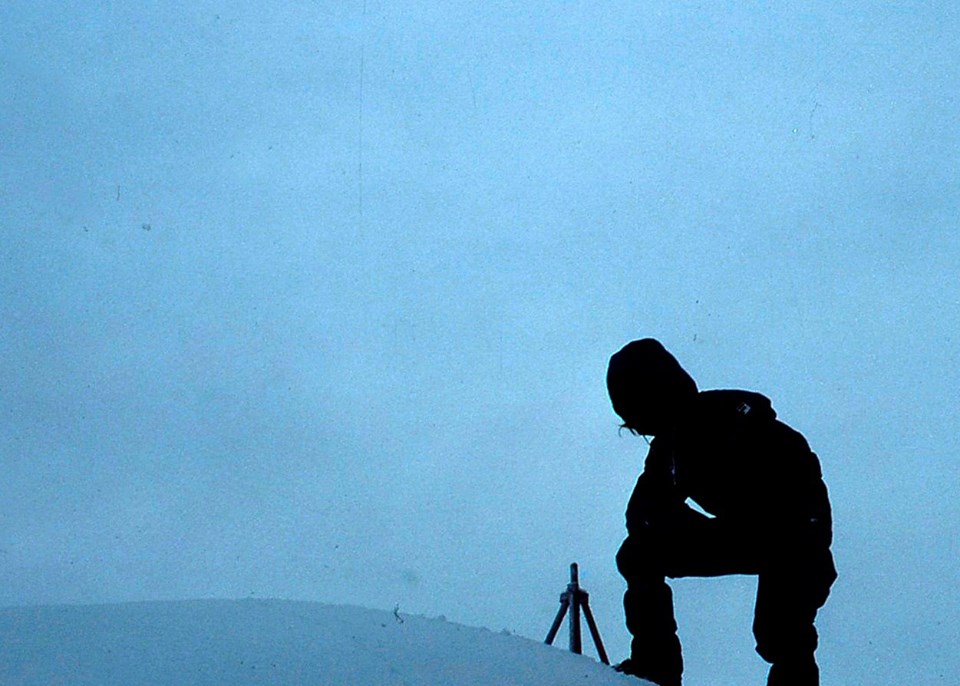41 years ago, Reinhold Messner climbed Everest for the second time. He did it right in the middle of monsoon season, without the aid of oxygen and alone on the deserted mountain. Since this day in August 1980, where he managed the impossible, Everest was transformed. Or one could say that man transformed it. Here we talk to the passionate defender of traditional mountaineering.
Mr Messner is a hard man to get hold of, now a businessman and conference speaker. That’s why when he called at 8.30pm, it was better to pick up than miss the long awaited interview. The call is taken from one of his residences in South Tyrol – a German speaking area between Austria and Italy – and he sits to talk to us just after dinner. He answers our questions in his verbose style. His answers seem to be well rehearsed. Yet, for Reinhold,


